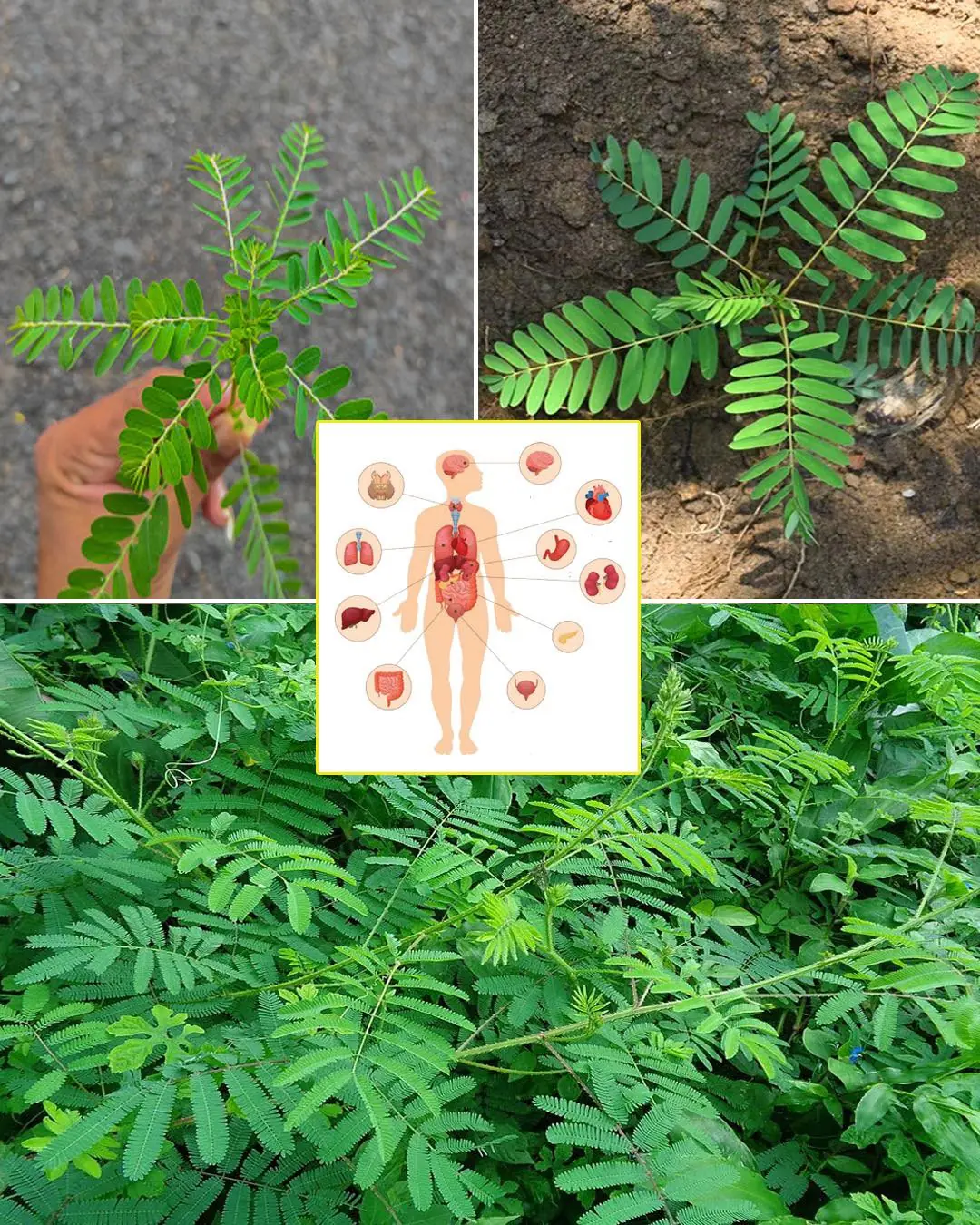
8 Foods To Avoid With Enlarged Prostate

Maintaining prostate health can often feel like a challenging journey, especially if you are coping with an enlarged prostate—a common condition medically known as benign prostatic hyperplasia (BPH). BPH frequently causes uncomfortable symptoms such as frequent urination, difficulty starting urination, or a weak urine stream, all of which can disrupt daily life and sleep quality. Understanding how diet influences prostate health is crucial, and this article highlights specific foods to avoid to help manage and possibly reduce symptoms associated with an enlarged prostate.
Table of Contents
-
Key Takeaways
-
Why Starchy Foods Like White Bread, Pasta, and Rice Should Be Limited
-
The Impact of High Glycemic Index Foods on Insulin Signaling and Prostate Health
-
Dairy Products: Conflicting Evidence and Potential Risks
-
The Link Between Animal Protein and Prostate Enlargement
-
Benefits of Choosing Plant-Based Protein
-
Red Meat and the Risk of Prostate Cancer
-
Harmful Chemicals from Cooking Meat at High Temperatures
-
Beer Consumption, Prolactin Levels, and BPH Risk
-
Caffeinated Beverages and Their Effect on Urinary Symptoms
-
The Role of High-Fat Diets in Prostate Cancer Risk
-
Sodium Intake and Its Effect on Lower Urinary Tract Symptoms
-
Conclusion and Recommendations
Did You Know Certain Foods Can Worsen Your Enlarged Prostate?
It might surprise you, but some common foods in your diet could be contributing to increased prostate discomfort and aggravating urinary symptoms. By recognizing these dietary triggers and making informed changes, you can support better prostate function and improve your overall quality of life.
Don’t worry—we’re here to guide you through the foods to avoid and suggest healthier alternatives that promote a happy, well-functioning prostate. Taking control of your diet is a powerful step toward managing BPH symptoms effectively.
Key Takeaways
-
Limit starchy foods like white bread, pasta, and rice due to their high glycemic index, which can worsen prostate symptoms by disrupting insulin balance.
-
Consider reducing dairy intake, as some studies suggest a possible link between high dairy consumption and an increased risk of prostate cancer.
-
Choose plant-based proteins such as beans, lentils, tofu, and tempeh over animal proteins to reduce BPH risk and improve overall health.
-
Avoid cooking red meat at very high temperatures to prevent the formation of harmful carcinogens linked to prostate problems.
-
Moderate beer consumption carefully; excess intake may elevate prolactin levels, increasing BPH risk.
-
Cut back on caffeinated beverages that act as diuretics and worsen urinary symptoms.
-
Reduce intake of high-fat foods, especially processed and fried items, to lower prostate cancer risk.
-
Decrease sodium consumption to alleviate lower urinary tract symptoms and improve bladder comfort.
Starchy Foods to Limit: White Bread, Pasta, and Rice
These commonly consumed staples might seem harmless, but white bread, pasta, and white rice are high in refined carbohydrates with a high glycemic index (GI). High GI foods cause rapid spikes in blood sugar, which leads to increased insulin production. Over time, this can result in insulin resistance—a condition linked not only to diabetes but also to the development and worsening of BPH symptoms.
Why does insulin matter? Insulin is a hormone that influences many body functions, including hormone regulation involved in prostate growth. Excess insulin and insulin-like growth factors can stimulate prostate cell proliferation, worsening enlargement.
Smart swaps: Instead of refined starches, opt for whole-grain alternatives like whole wheat bread, brown rice, quinoa, and barley. These release sugar more slowly into the bloodstream, supporting better blood sugar control and reducing inflammation, which benefits prostate health.
Dairy Products: Conflicting Evidence and Potential Concerns
Scientific research presents mixed findings on dairy’s role in prostate health. While some studies, such as the one titled “Dairy Product Consumption and Prostate Cancer Risk in the United States,” have not conclusively linked dairy intake to prostate enlargement or cancer, other research suggests high dairy consumption might increase prostate cancer risk.
Possible reasons: Dairy products contain hormones and growth factors that could potentially stimulate abnormal prostate cell growth. Additionally, high calcium intake from dairy might suppress vitamin D, which has protective effects against prostate cancer.
What to do: If you’re concerned about prostate health, consider moderating dairy intake or trying non-dairy alternatives like soy, almond, or oat milk fortified with calcium and vitamin D. Incorporating leafy greens, nuts, and seeds can also provide essential nutrients without the risks associated with dairy.
High Protein Diets and Their Impact on Prostate Health
Protein is essential for muscle maintenance and overall health, but the source matters. Diets high in animal protein have been associated with an increased risk of BPH, possibly due to the way animal proteins affect insulin signaling and hormone levels.
Animal vs. plant protein: Plant-based proteins such as beans, lentils, tofu, and tempeh provide necessary amino acids with fewer risks. They also come packed with fiber, antioxidants, and anti-inflammatory compounds beneficial for prostate and cardiovascular health.
Transitioning to plant proteins can be a positive lifestyle change that supports prostate wellness and helps maintain a healthy body weight, which is another important factor in managing BPH symptoms.
Red Meat: Risks Linked to Prostate Cancer
Red meat consumption, especially when grilled or barbecued at high temperatures, is linked to a higher risk of prostate cancer. Cooking meat this way creates polycyclic aromatic hydrocarbons (PAHs), harmful compounds formed when fat drips onto hot surfaces, creating smoke that deposits these chemicals onto the meat.
These carcinogens can promote abnormal cell growth in the prostate, increasing cancer risk. Therefore, limiting red meat intake and opting for healthier cooking methods—like baking, steaming, or slow cooking—can reduce exposure to these toxins.
Healthier protein choices like fish rich in omega-3 fatty acids or plant-based options are excellent alternatives for maintaining prostate health while enjoying balanced meals.
Beer and Prostate Health: Moderation is Key
Beer consumption can raise prolactin levels, a hormone linked to benign prostatic hyperplasia. Elevated prolactin may contribute to prostate enlargement and worsen urinary symptoms.
That said, moderate beer intake might have some cardiovascular benefits. The key is balance: avoid heavy drinking and consider reducing alcohol if you experience BPH symptoms. For those sensitive to alcohol’s diuretic effects, cutting back can help reduce urinary urgency and frequency.
Caffeinated Beverages: Worsening Urinary Symptoms
Caffeine is a diuretic, increasing urine production and leading to more frequent trips to the bathroom. For men with an enlarged prostate, this can exacerbate symptoms like urgency and nighttime urination.
Recommendations: Limiting coffee, tea, energy drinks, and caffeinated sodas can help manage these symptoms. Switching to decaffeinated drinks or herbal teas supports hydration without increasing urinary frequency.
High-Fat Diets and Prostate Cancer Risk
Diets high in unhealthy fats—especially trans fats and saturated fats from fried and processed foods—are linked to an increased risk of prostate cancer. These fats can promote inflammation and alter hormone metabolism, potentially accelerating cancer development.
Choosing healthy fats from sources like avocados, nuts, seeds, and fatty fish supports not only prostate health but also heart and brain health. Reducing intake of fast foods and processed snacks is a crucial step in managing prostate risks.
Sodium Intake and Lower Urinary Tract Symptoms
High sodium intake can worsen lower urinary tract symptoms (LUTS) such as frequent urination, urgency, and incomplete bladder emptying—common complaints among men with BPH.
Cutting back on salty snacks, processed foods, canned soups, and ready meals can ease these symptoms. Instead, flavor foods with herbs, spices, lemon, or vinegar to reduce sodium while enhancing taste.
Conclusion
Your diet plays a vital role in managing prostate health and alleviating symptoms of an enlarged prostate. Avoiding or limiting starchy refined carbs, high-fat foods, excessive animal protein, red meat cooked at high heat, and high sodium can make a meaningful difference in how you feel daily.
Focus on whole grains, plant-based proteins, fresh fruits and vegetables, and healthy fats to support your prostate and overall well-being. Remember, maintaining a healthy weight, staying physically active, and consulting healthcare professionals for personalized advice are all part of a comprehensive approach to prostate health.
By making mindful food choices, you’re investing in your long-term health and quality of life—your prostate will thank you!
News in the same category

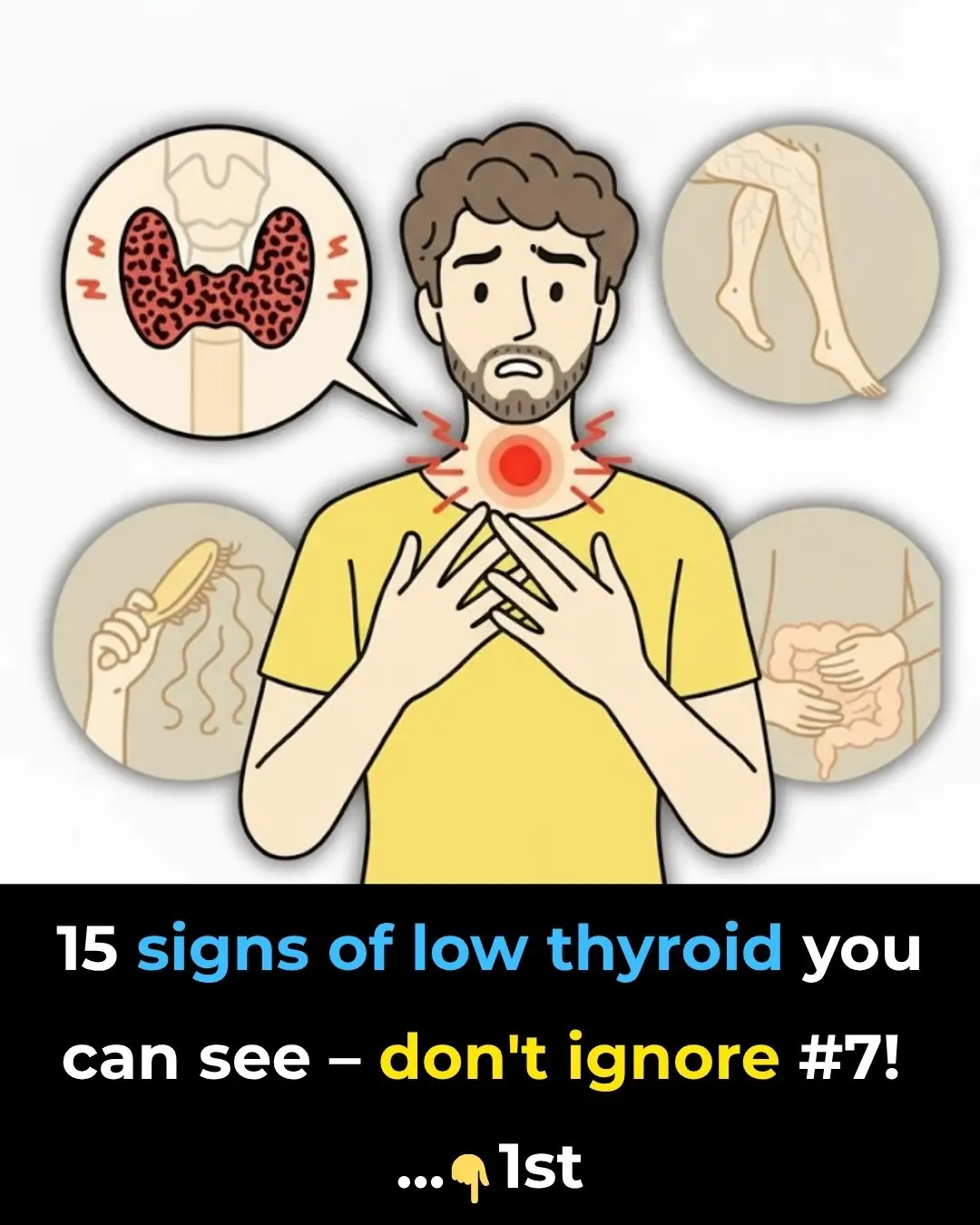
15 visible signs of low thyroid you can see – don’t ignore #7!

The 30-second ear shake trick: try it and see shocking results

For those who sleep without socks, you should see this...
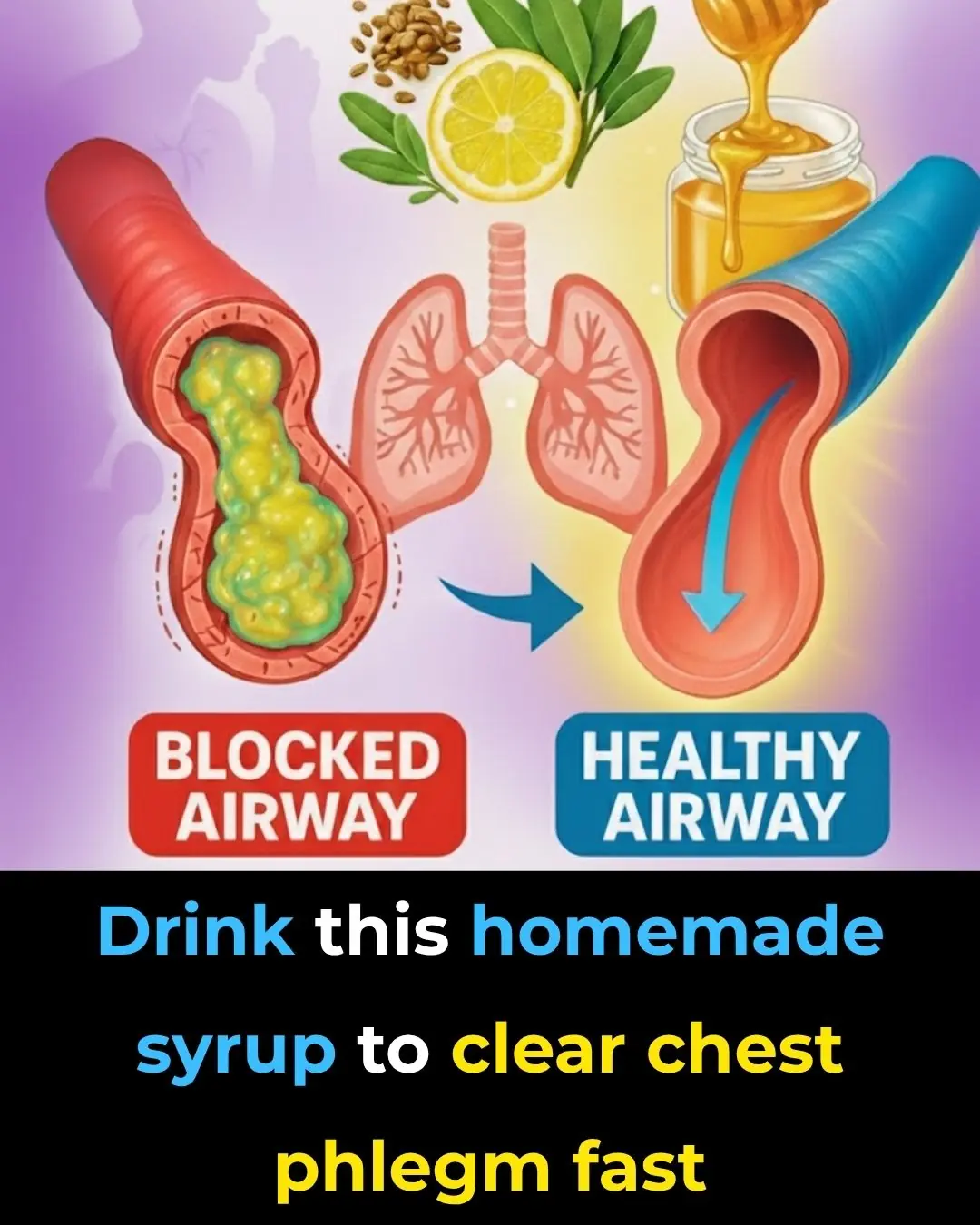
Drink This Homemade Syrup To Help Loosen Up Chest Phlegm and Expel It Out of Your Body

The Real Reason To Drink Lemon Water Revealed

Doctor Reveals One Personal Item You Shouldn’t Risk Sharing
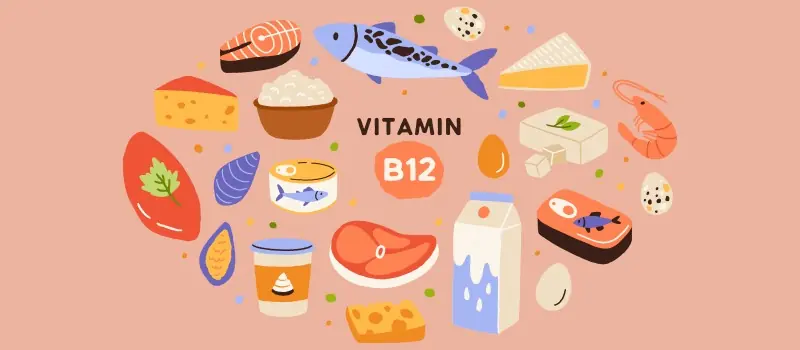
Vitamin B12 Deficiency Can Wreck Your Health Here’s How to Spot It EARLY

SEVEN TYPES OF PAIN DOCTORS SAY ARE MAJOR RED FLAGS FOR YOUR HEALTH
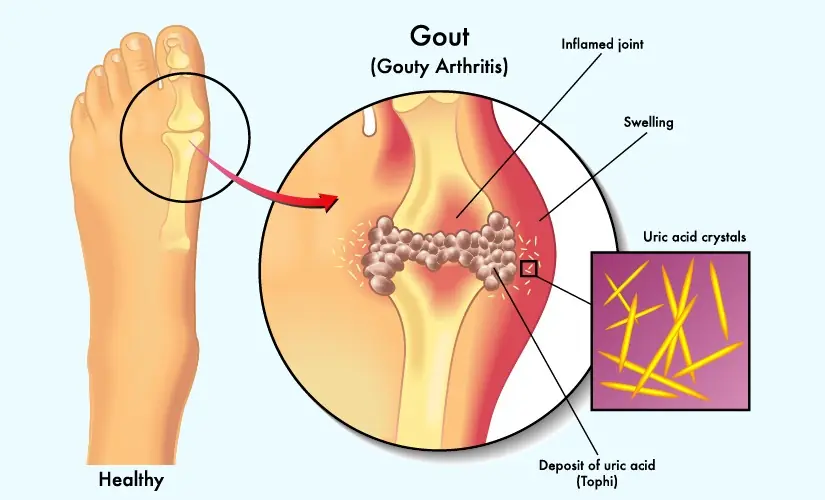
THE NATURAL SECRET DOCTORS NEVER TELL YOU THAT MELTS AWAY URIC ACID
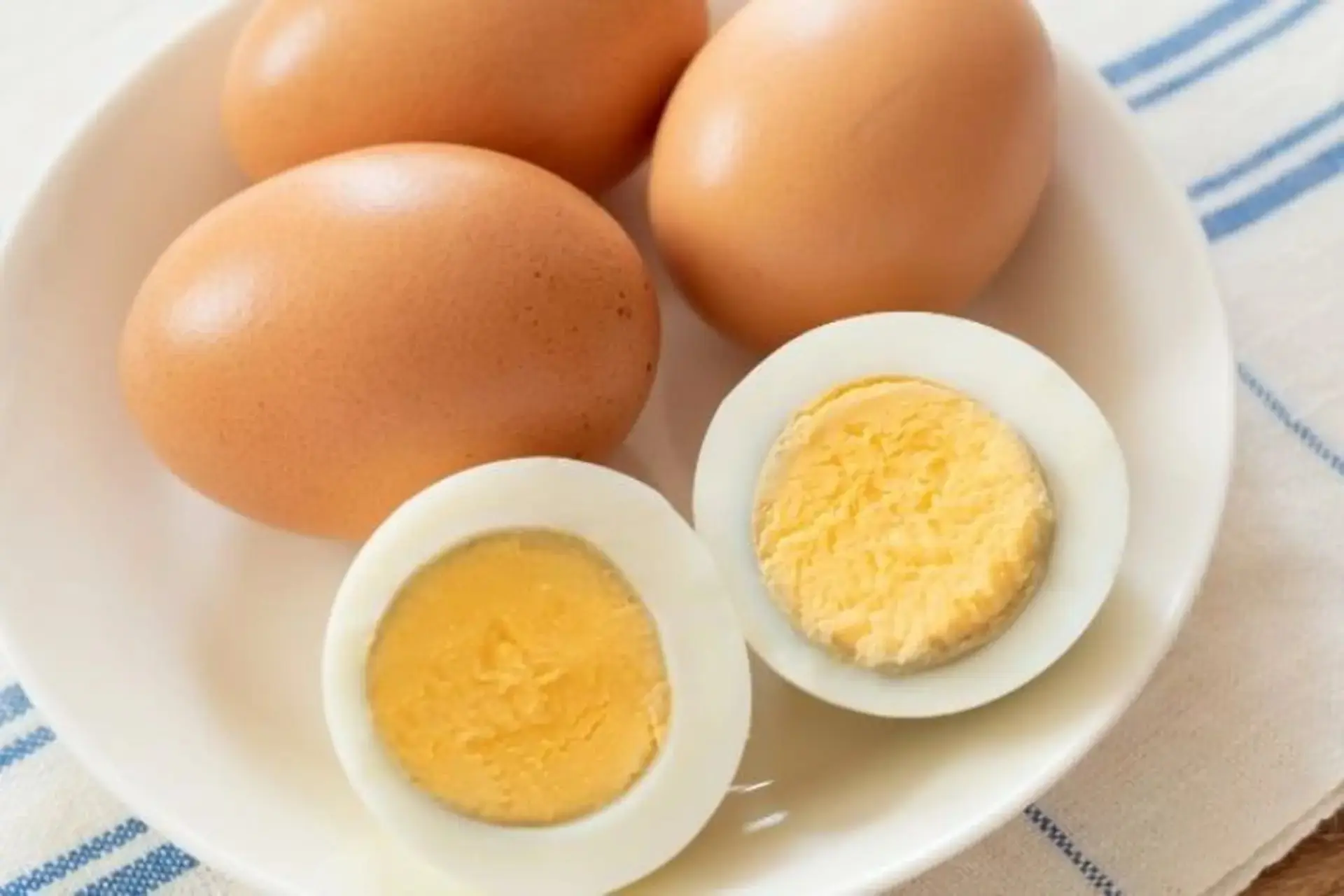
Your Body Will Change In Unexpected Ways When You Eat 2 Eggs Daily
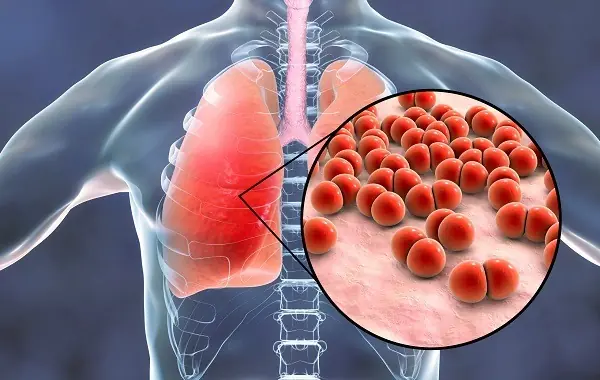
Lung Disease Starts Silently – Spot These Early Signs Before It’s Too Late
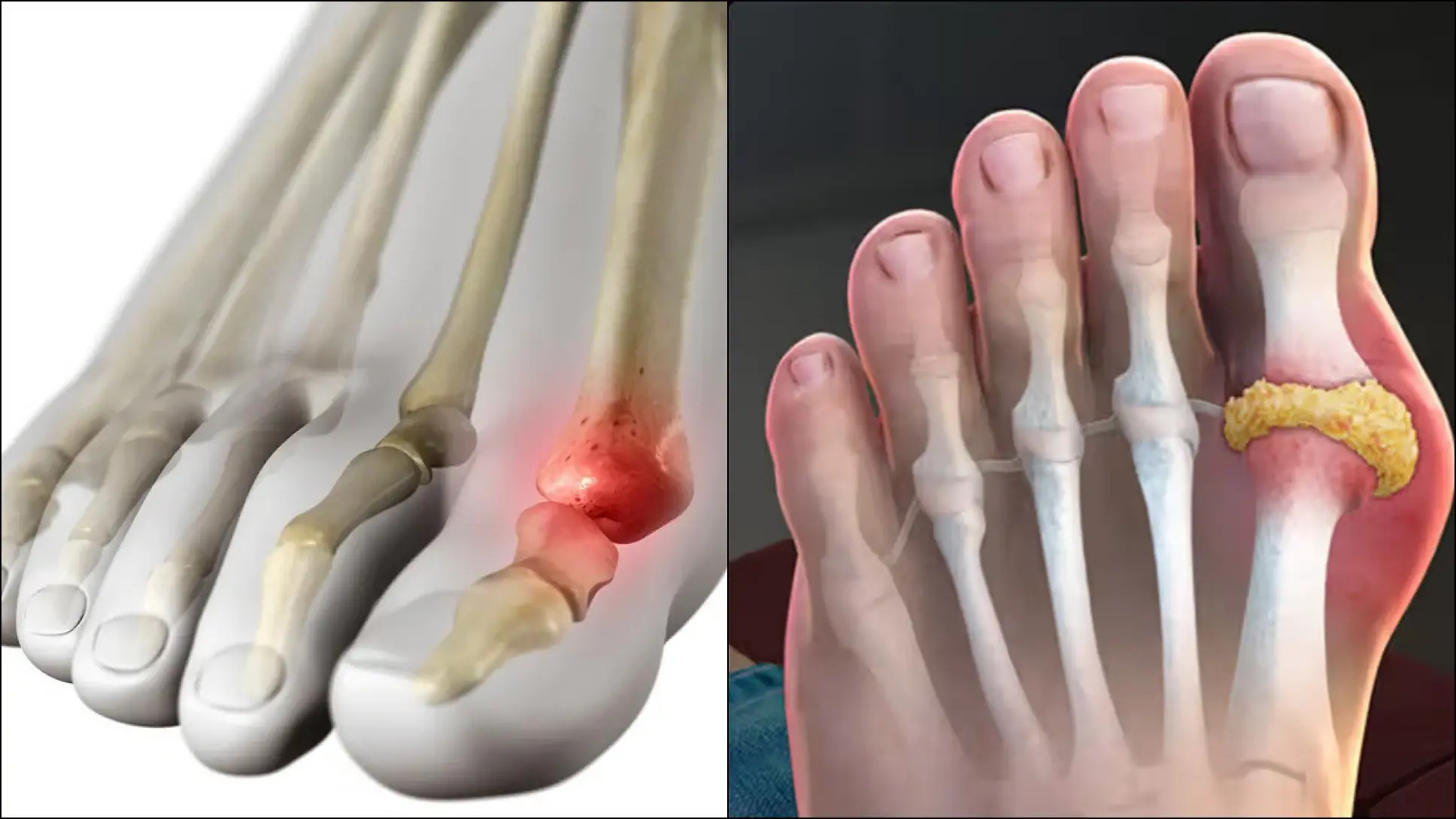
HOW TO QUICKLY REMOVE URIC ACID CRYSTALLIZATION FROM YOUR BODY TO PREVENT GOUT AND JOINT PAIN

When to Worry About Veins That Appear Out of Nowhere

If You See Someone With Prominent Blue Veins, You Definitely Need to Tell Them This—It Could Save Their Life

4 Clear Signs That Appear 15 Minutes Before a Stroke: Call for Immediate Help
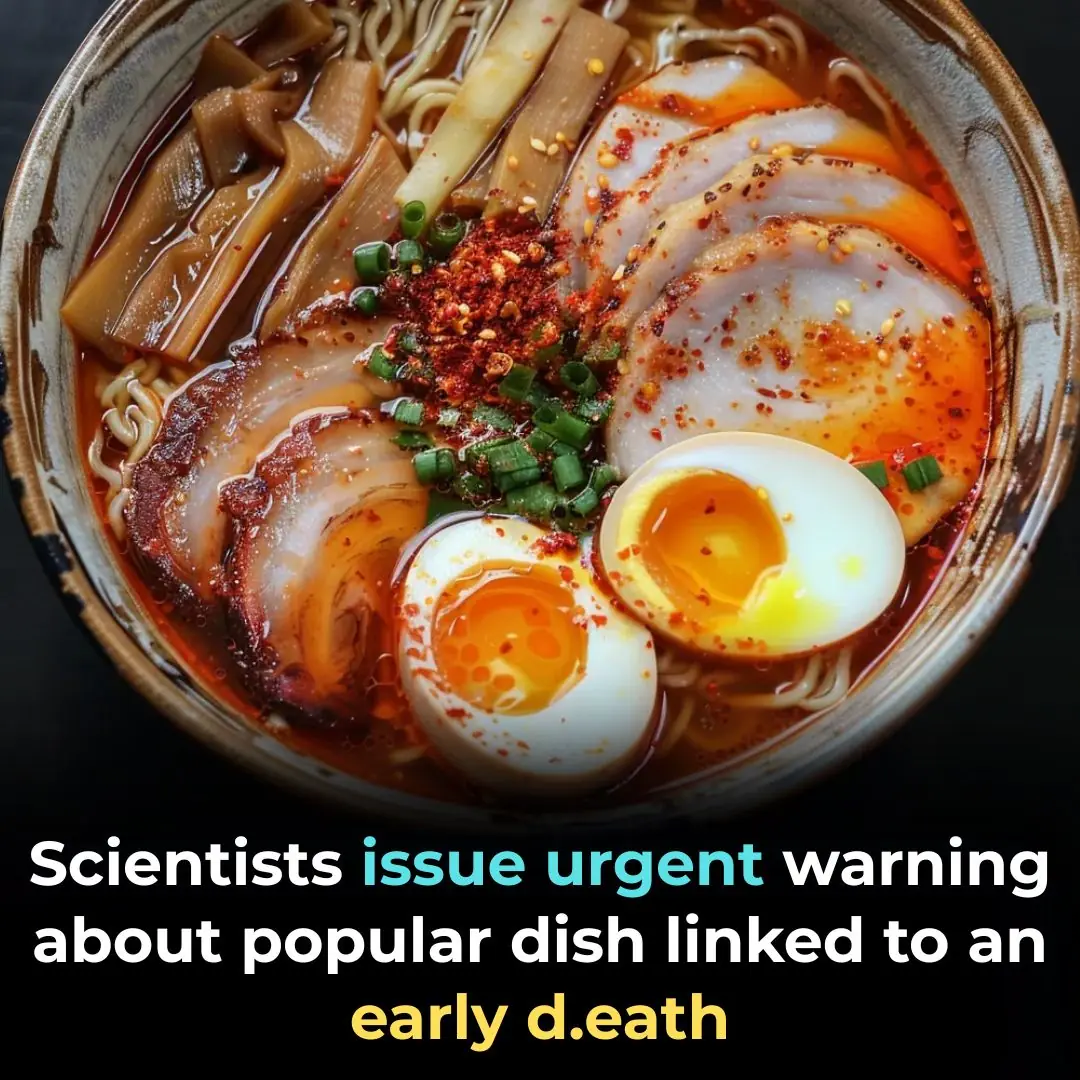
Alarming Study Links Eating Ramen Often to Early Death

3 Ways to Stop Acid Reflux Naturally
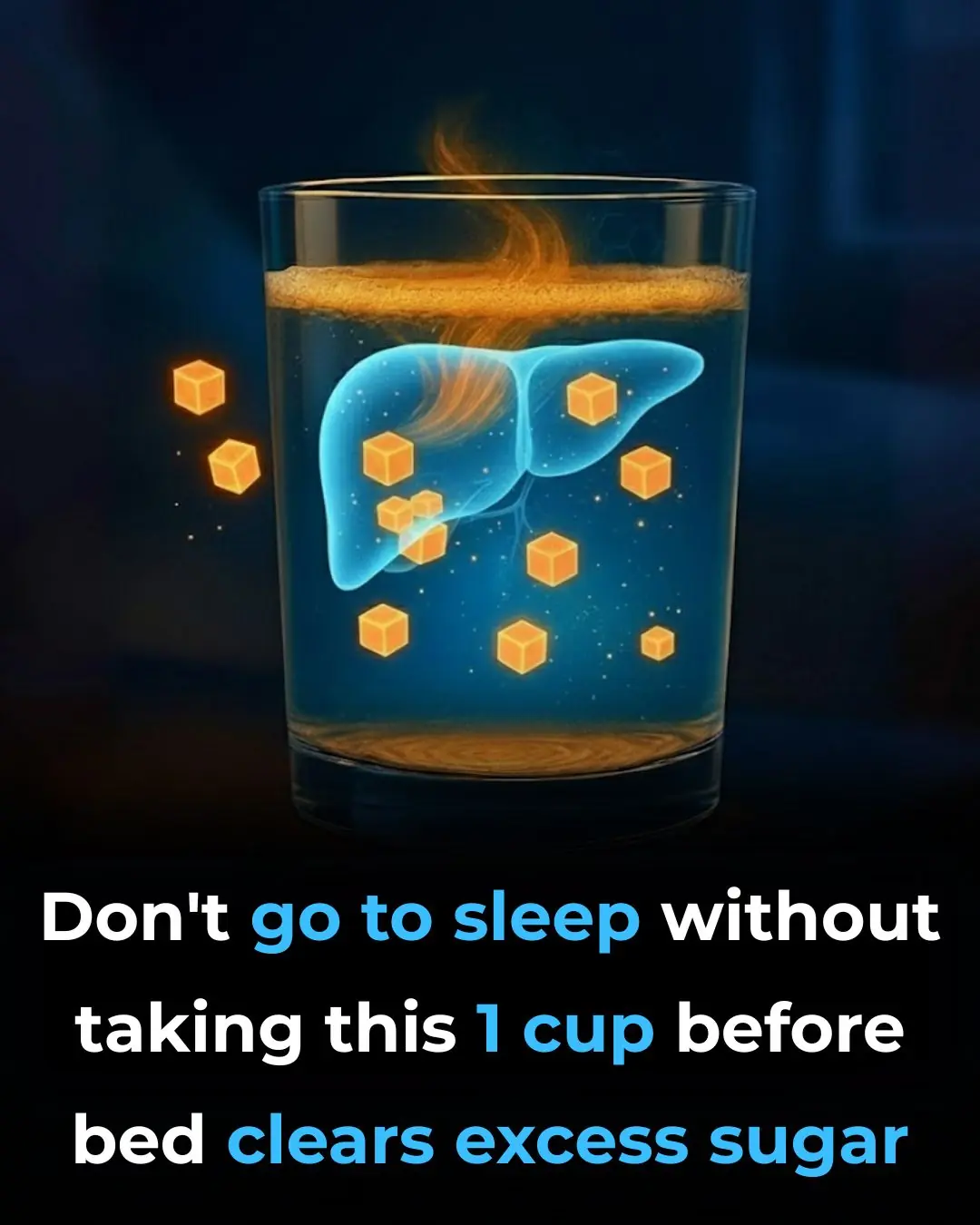
Don’t go to sleep without taking this — 1 cup before bed clears excess sugar
News Post

Growing Wildflowers: A Mother’s Journey Through the Chaos

The Baby in Princess Diana’s Arms

A Lifetime in Bloom: Lois Shows Us What Passion Truly Grows

Farewell to a Giant Soul: Vatsala the Elephant Passes at 100

Keeping the Monsters Away: The Quiet Heroism of Foster Parents

From Sidewalk to Forever: A Daughter’s Choice That Changed Everything

A Thirst for Life: Cyclists Halt Ride to Save Parched Koala in Australia’s Heatwave

An Actor’s Greatest Role: Morgan Freeman Becomes a Guardian of Strays

When a Celebration Became a Goodbye: A Daughter’s Farewell to Her Faithful Companion

Bella the Hero: How a Pit Bull’s Loyalty Saved a Life

No Matter How Dirty You Are, Absolutely AVOID These 7 “Dangerous Hours” When Washing Your Hair to Prevent Stroke, Sudden Illness, or Hospitalization Without Warning
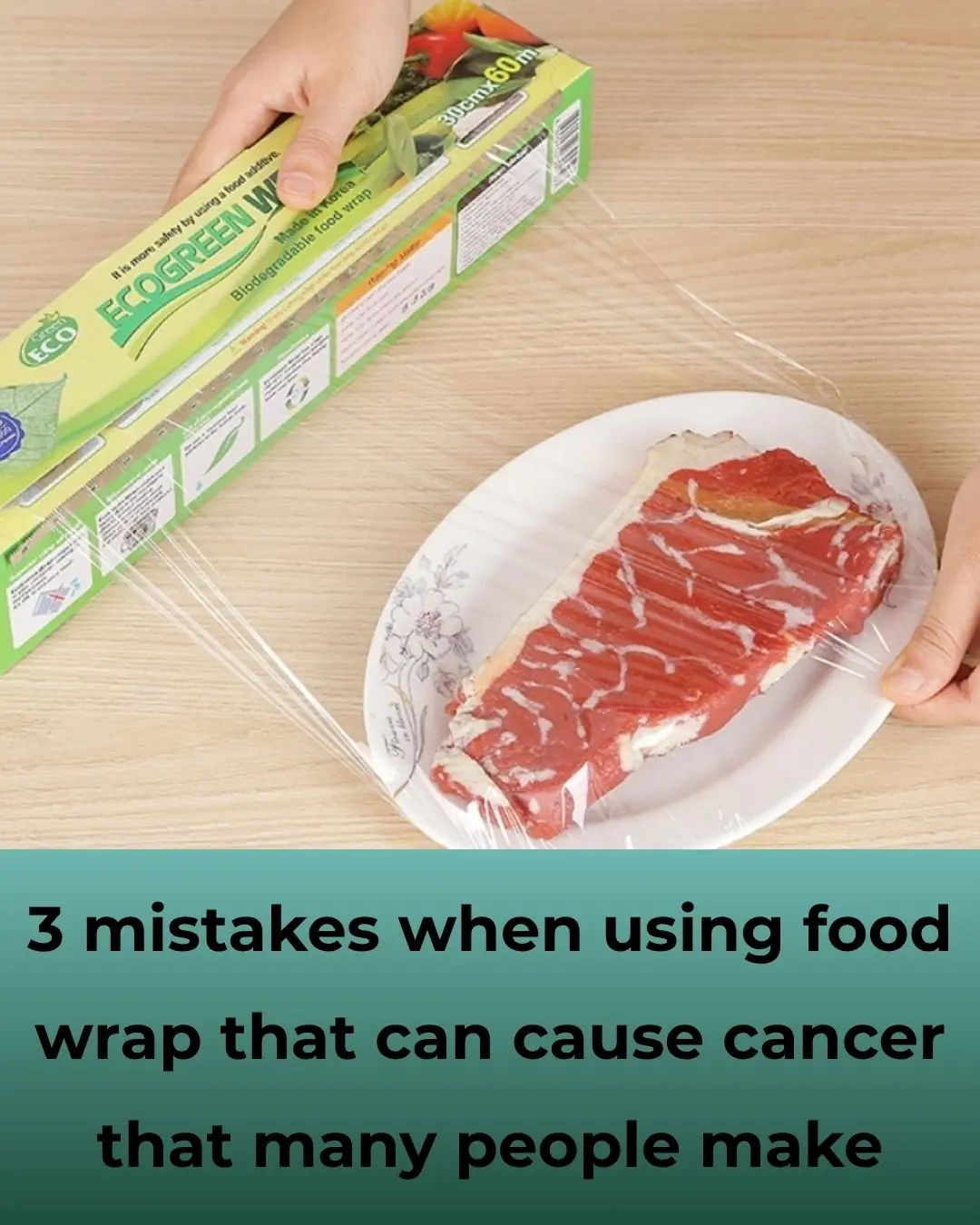
3 Common Mistakes When Using Plastic Wrap That Can Cause Cancer and Are Often Made by Many People

A Kiss from Joy: The Language of Love Between Elephants and Humans

What Do Vertical Nail Ridges Mean After 40

A Brave Fight for Life: Kuba’s Battle Against Ewing’s Sarcoma
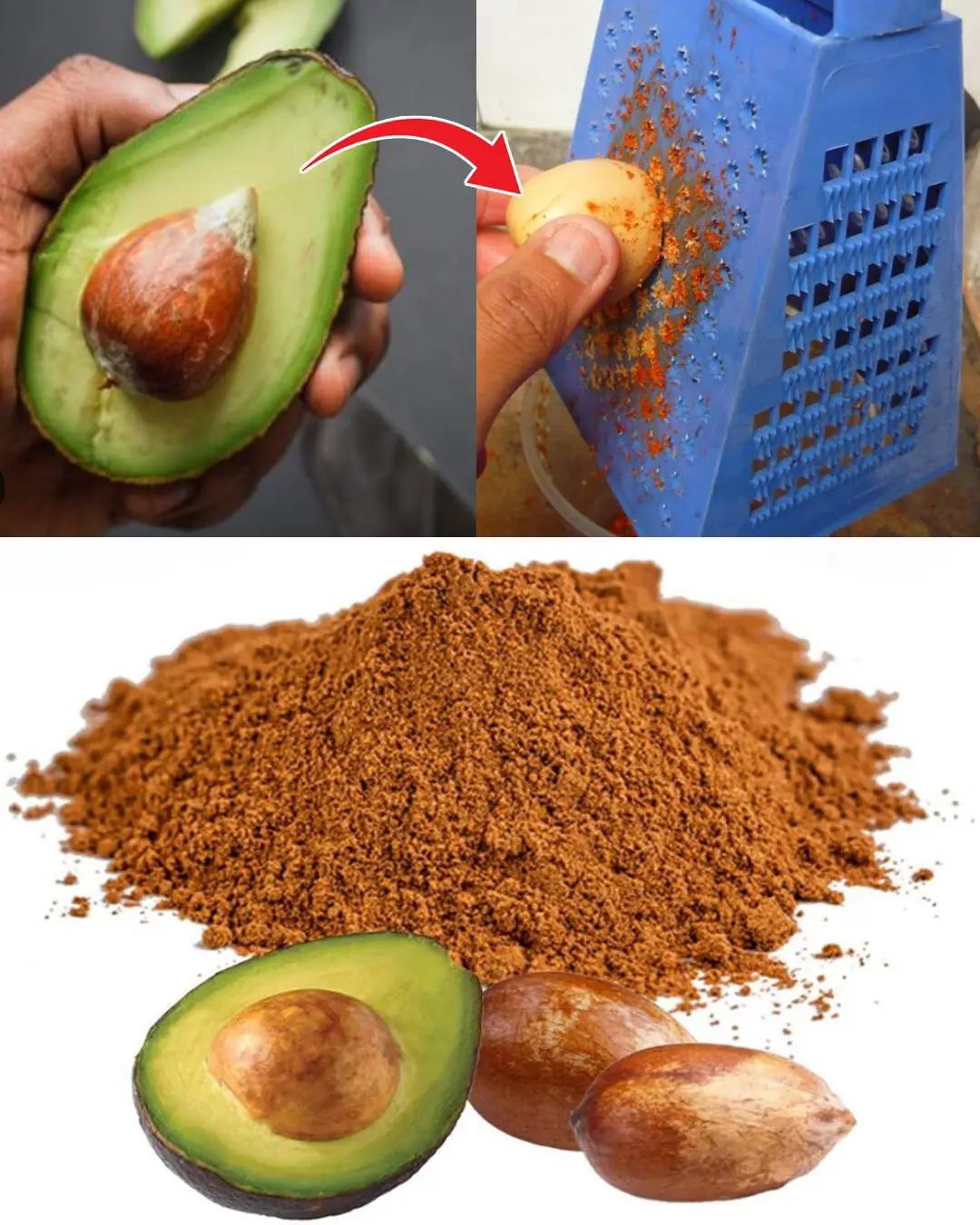
Avocado Seeds Benefits: 7 Reasons to use them

9 Signs You’re Actually Going Through Menopause (Even If You Didn’t Realize It)
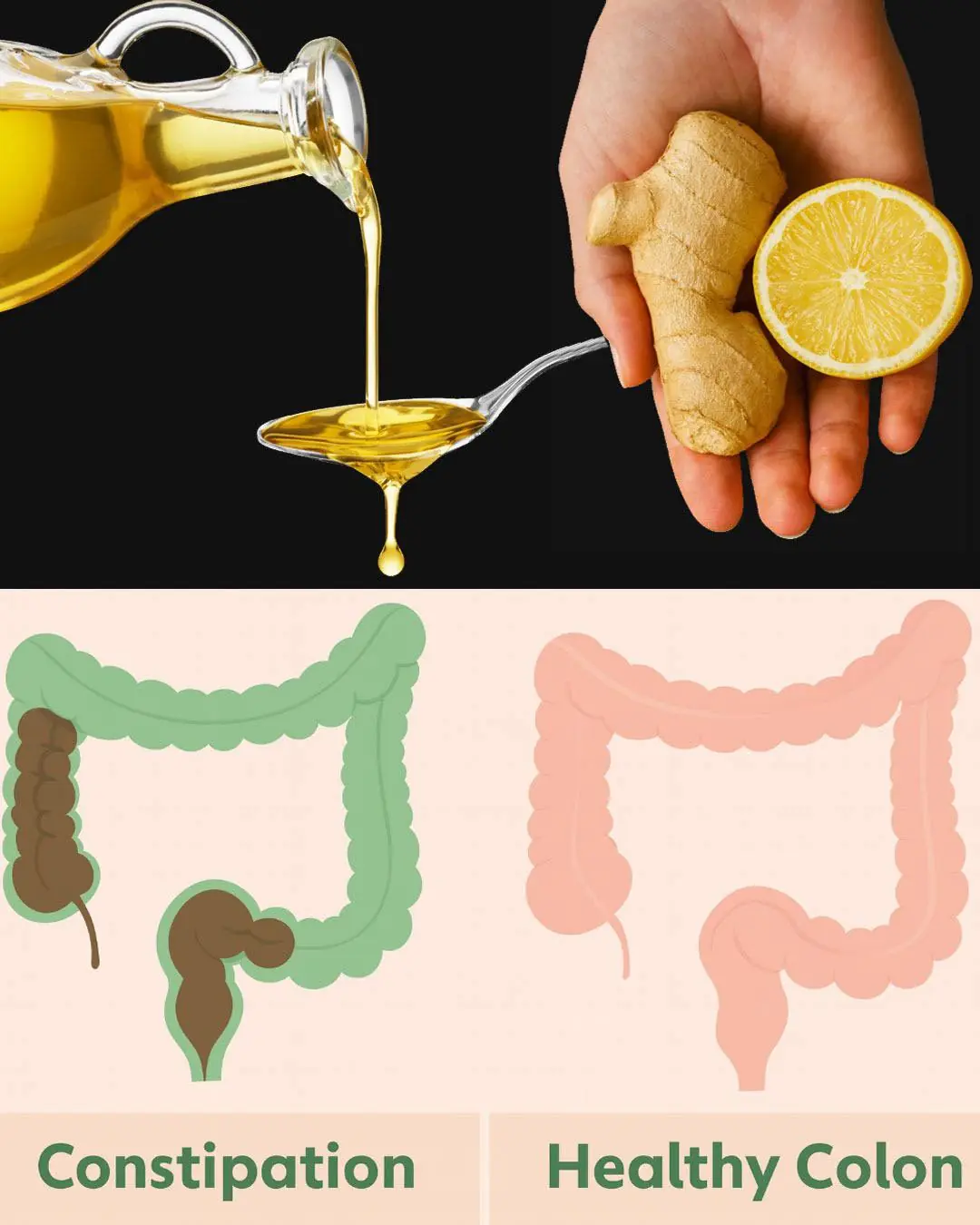
Morning Detox Elixir: Olive Oil, Lemon & Ginger – The Natural Cleanse You Need Daily

Nine Children in Dawsonville Get the Gift of a Bed, Comfort, and Peaceful Sleep
